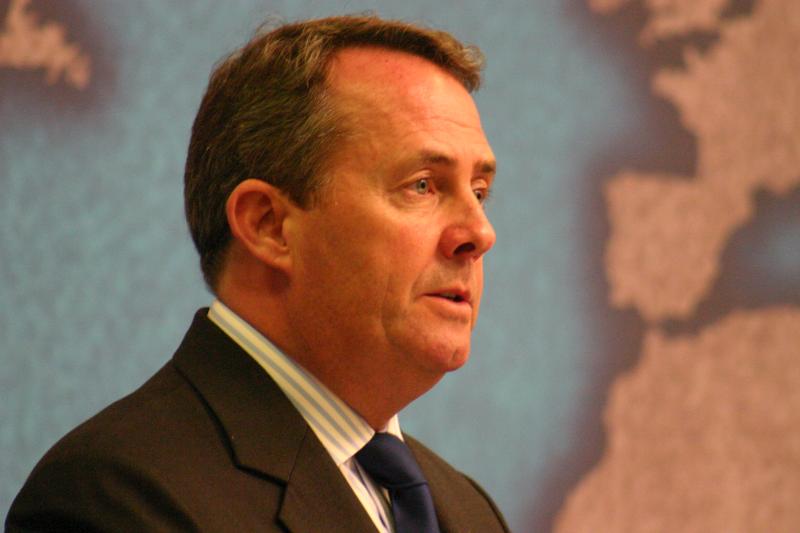UK and EU formally sends proposal to WTO of post-Brexit tariff quota plan

The UK and the EU have formally informed other members of the World Trade Organization (WTO) on Wednesday how they plan to split up WTO-agreed tariff quotas and farm subsidies after Brexit.
However, the US and other major agricultural producers have already opposed the deal between the UK and EU.
Earlier this month, seven countries led by the US, including Canada, Argentina, Brazil and New Zealand signed a letter to the EU objecting to a plan to split agricultural tariff rate quotas, or TRQs.
These quotas currently apply to imports anywhere in the EU.
The seven nations have explained that the plans to divide existing quotas will put them at a disadvantage.
Regardless, the joint plan confirmed today (11 October) between UK and EU suggests that TRQs should be divided based on historical imports and consumption, and the current ceilings on support for farmers will be maintained.
The seven opposing countries have told of their frustration with the deal.
“We cannot accept such an agreement,” a letter criticising the deal stated. The seven countries are displeased that they had not been consulted on the negotiations.
The UK’s international trade secretary, Liam Fox, said in a statement to coincide with the joint letter: “Our agreed collaborative approach shows real progress on how UK government intends to take forward our future trading arrangements with the world.
“To ensure a smooth transition which minimises disruption to our trading relationships with other WTO members, the UK intends to replicate as far as possible its obligations under the current commitments of the EU.
“This is the start of our open and constructive engagement with the WTO membership and sets out our intentions regarding EU quotas to forge ahead and establish the UK as an independent WTO member.”
Agricultural exporters to the EU argue that Britain should duplicate the low-tariff quotas offered by the EU so Brexit does not undermine the trade flexibility they currently enjoy.








